Three more states have been added to the National Home Grown School Feeding Programme, with an additional one million children now benefitting from the Buhari administration’s Social Investment Programmes, SIP, according to Laolu Akande, Senior Special Assistant on Media & Publicity to the President.
In total, 4,773,064 schoolchildren in 25,771 schools in 17 states are currently benefitting from the school feeding program.
The program aimed at tackling poverty and hunger, as well as creating jobs for Nigerians, has reached 17 states across the nation. They are Cross River, Akwa Ibom, Niger states, Anambra, Enugu, Oyo, Osun, Ogun, Ebonyi, Zamfara, Delta, Abia, Benue, Plateau, Bauchi, Taraba and Kaduna.
About 34,869 direct jobs have since been created from the School Feeding Programme across the participating states. In Cross River state, for example, 1,384 cooks have been engaged, while 1,309 cooks are currently engaged in Akwa Ibom State, and 5,924 cooks are engaged under the programme in Niger State.
About 115,000 beneficiaries are now being funded with the monthly N5,000 stipend in 16 states; including Borno, Cross River, Niger, Kwara, Ekiti, Kogi, Oyo, Osun, Plateau, Bauchi, Anambra, Jigawa, Taraba and Adamawa.
There are reported disbursement hitches in Benue and Anambra states, and they are being addressed. This mainly has to do with non-opening of bank accounts and enrolling beneficiaries. It is expected that by the end of next month the hitches would have been completely resolved and the beneficiaries in position to receive the cash transfers in those states.
The CCT scheme directly supports those within the lowest poverty bracket by improving nutrition, increasing household consumption and supporting the development of human capital through cash benefits to various categories of the poorest and most vulnerable.
The School Feeding Programme and Conditional Cash Transfer schemes are two of the Buhari administration’s N500 billion Social Investment Programmes, SIPs, aimed at improving the lives of ordinary Nigerians nationwide through welfare and empowerment programmes.
.












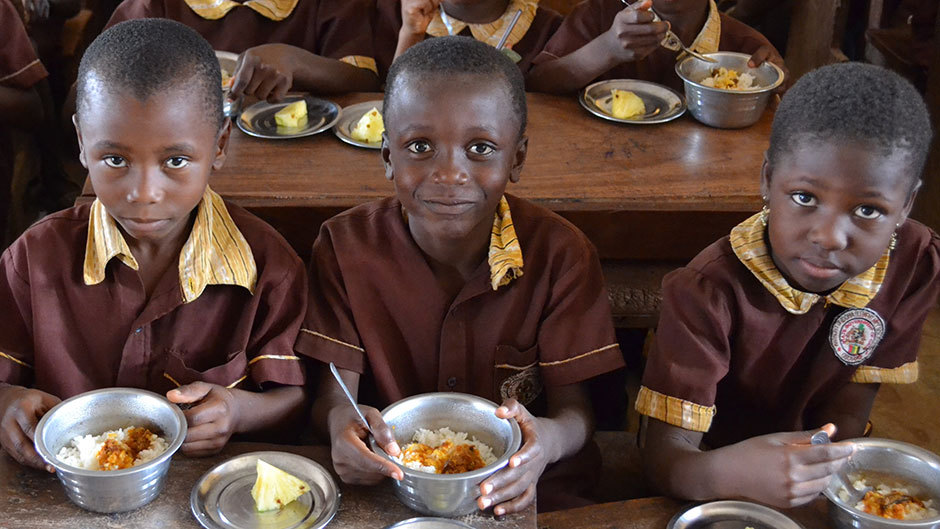
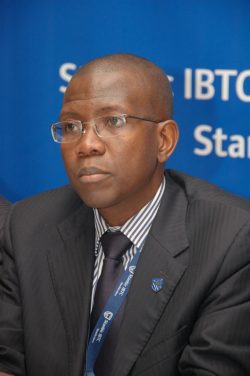











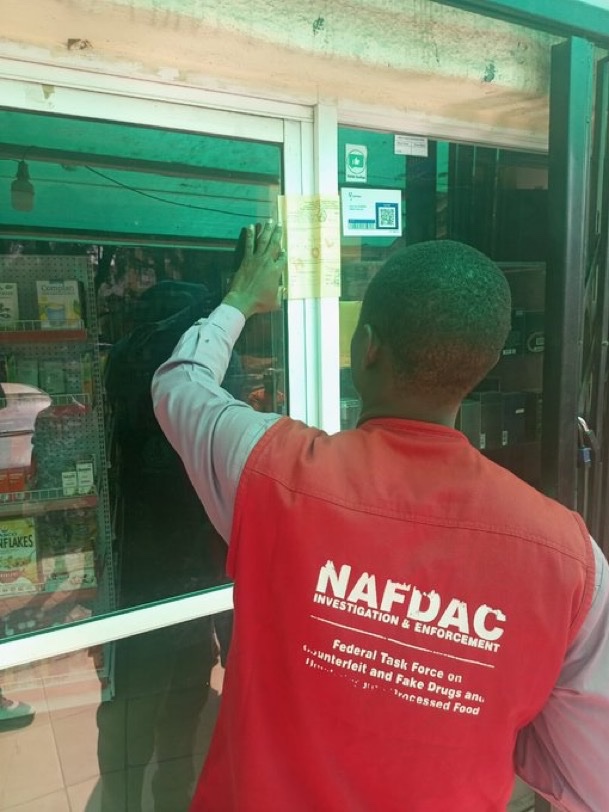










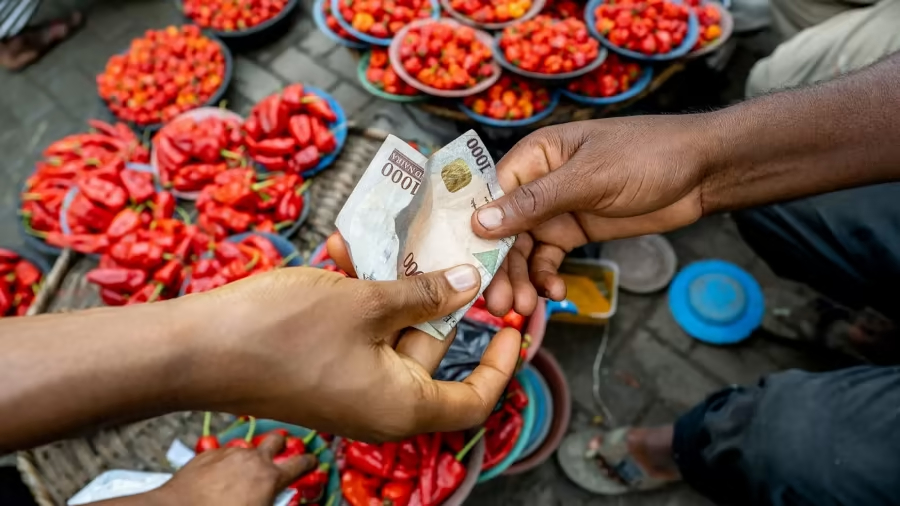
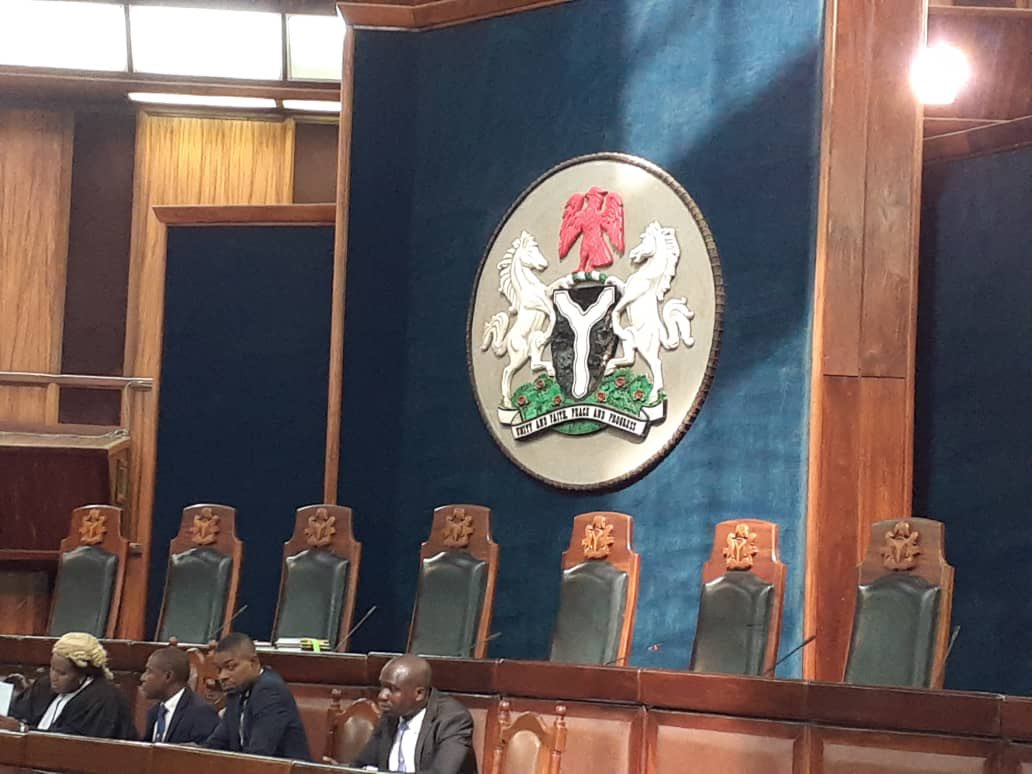
Leave a comment